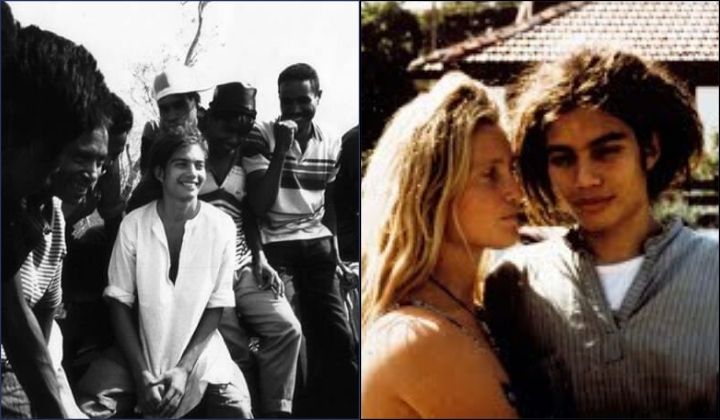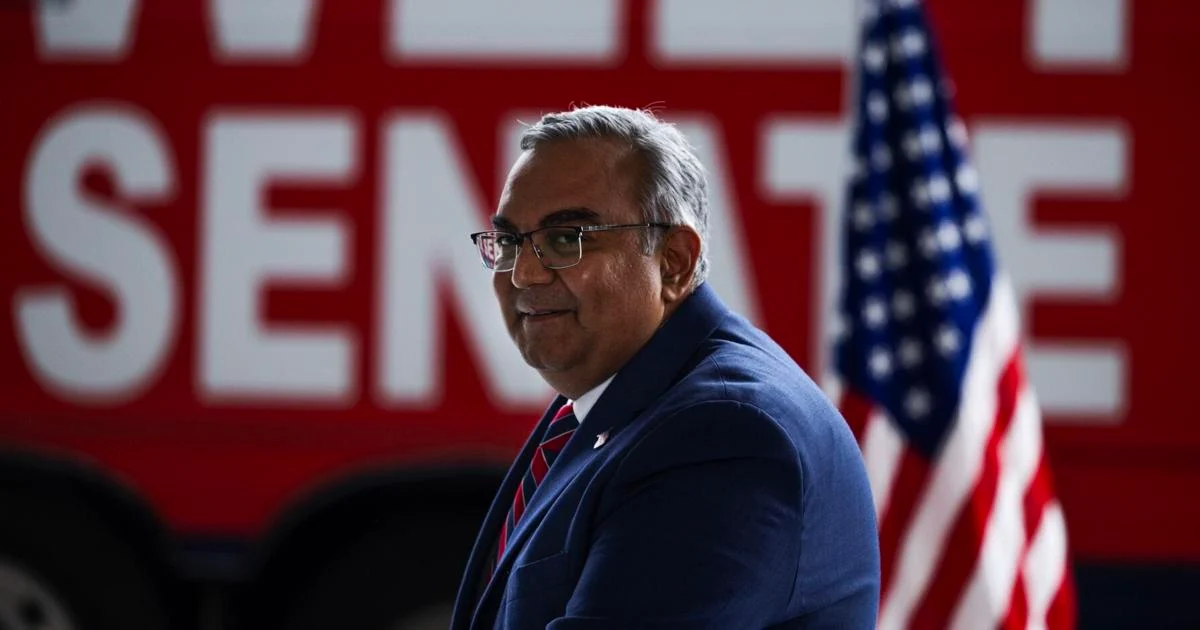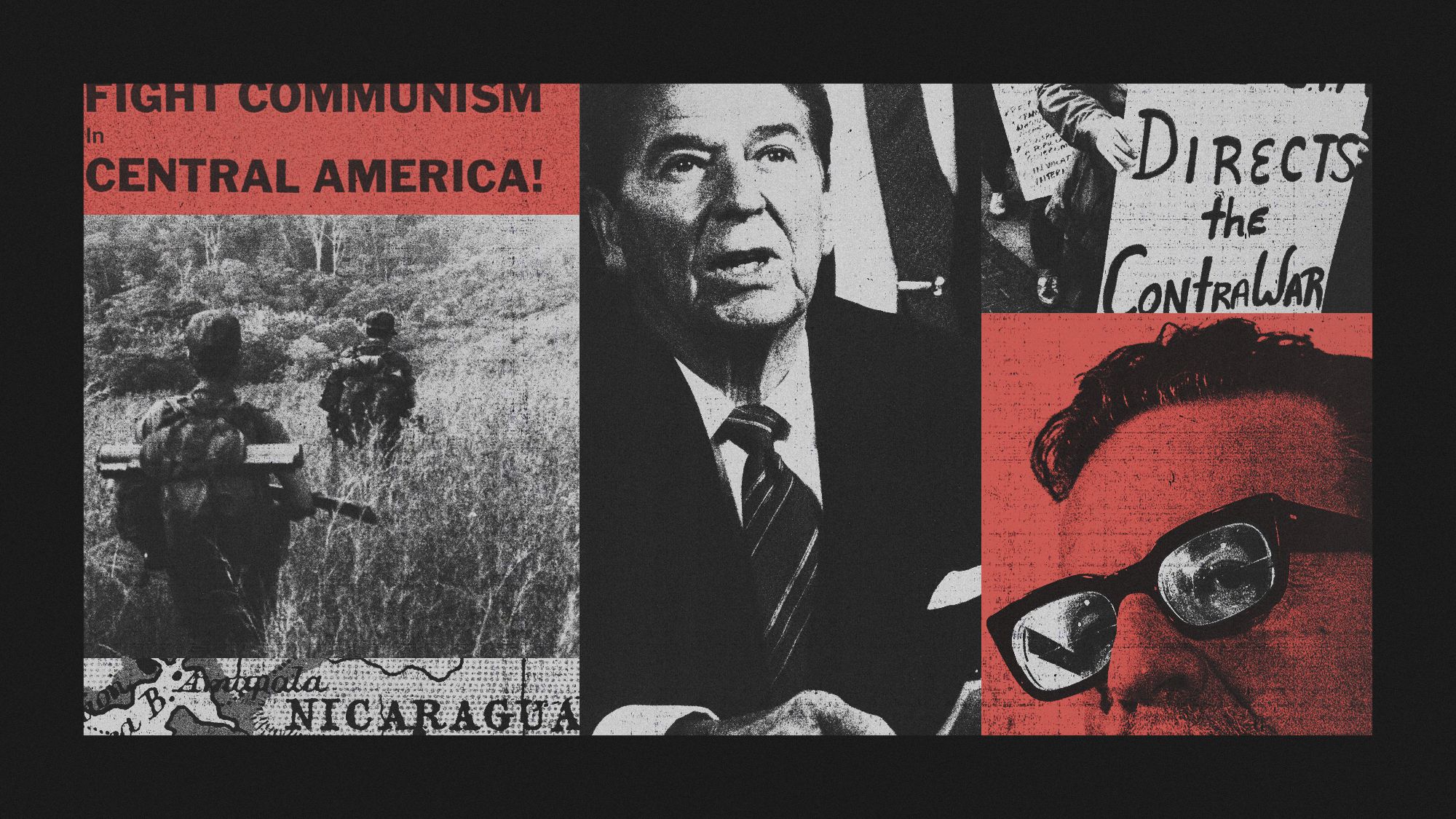Copyright therakyatpost

Subscribe to our FREE Newsletter, or Telegram and WhatsApp channels for the latest stories and updates. Timor-Leste has finally achieved its long-awaited goal of joining ASEAN at the 47th ASEAN Summit. It’s a milestone that comes after years of effort, meeting strict entry requirements, and overcoming multiple rejections from member countries. In light of this achievement which brought tears of joy among the Timor-Leste delegates at the summit, many may not remember an old Malaysian link to the conflict in what was then known as Timor-Timur or East Timor in 1991. View this post on Instagram The story revolved around a Malaysian-born activist named Kamal Ahmed Bamadhaj, a 20-year-old honours student at the University of New South Wales. Kamal was deeply committed to social justice when he went to East Timor (Timor-Leste) in 1991. He went there as a volunteer for Community Aid Abroad/Oxfam Australia and an interpreter for Bob Muntz, a Melbourne-based activist. Unfortunately, Kamal was killed in Timor Leste the same year. What happened to Kamal? Back then, East Timor and Indonesia were not on good terms because Indonesia was seeking to invade and occupy the nation. The conflict culminated with the Santa Cruz massacre, also known as the Dili massacre, where Kamal lost his life with hundreds of others. On 12 November 1991, Kamal was escorting a funeral procession of a teenager who was killed by Indonesian police days before. He stood at the front row of the funeral procession to protect others from potential attacks. He joined the demonstration in support of the Timorese locals protesting at the injustice. The Indonesian military attacked and shot at the funeral procession and it was estimated as many as 271 people were killed that day. Many people were injured or allegedly ‘’disappeared’’ by the army. Kamal was shot multiple times in the attacks. The International Red Cross ambulance tried to get him to a hospital but he could not get treated in time due to the multiple roadblocks by Indonesia’s military. Kamal lost his life from losing too much blood. Remembering my friend Kamal Bamadhaj, shot dead in East Timor during the #SantaCruzMassacre, 30 years ago on 12 November 1991. A human rights hero whose life was cut tragically short. Today #TimorLeste is free, in part, because of Kamal & the others killed on that horrible day. pic.twitter.com/Df2R9ck6us— Simon Adams (@SAdamsR2P) November 11, 2021 The massacre was filmed and smuggled out to be shown to international audiences. The evidence of the massacre became the turning point in East Timor’s struggle for independence. One of Kamal’s famous quotes was written in his diary: Whether total genocide occurs in East Timor or not depends not only on the (remarkably powerful) will of the East Timorese people, but also on the will of humanity, of us all. Kamal Ahmed Bamadhaj Kamal’s father said his son did not pursue social justice and activism for fame. Kamal did what he did, not because of religious affiliations or regional politics or for any kind of fame…. It was something very simple, very basic: He loved people, and their suffering tormented him. He did what he could for a forgotten people. Kamal’s father His life story and the aftermath faced by his family was covered in the New Zealand-made documentary Punitive Damage. Kamal’s mother, Helen Todd, went through a four-year battle to bring his killer to justice. In 1994, Todd, aided by the US Center for Constitutional Rights, sued the Indonesian army’s regional commander, General Sintong Panjaitan for the deaths of Kamal and 270 others. The US court awarded Todd and Kamal’s estate a total of RM83.6 million then (US$22 million), but Panjaitan treated the suit as a ‘’joke’’ and refused to acknowledge the court’s jurisdiction. Kamal was buried in Bukit Kiara, Kuala Lumpur. News of the massacre were allegedly kept on the down low in local media and government to preserve ASEAN ties. Kamal’s sister, Nadiah Bamadhaj, poured her grief in a 1997 book titled Aksi Write, that places his murder in the context of the East Timor movement. She compiled his writings from his diaries and letters in the book as well. East Timor eventually gained formal independence in 2002 after the fall of Suharto in 1998. Share your thoughts with us via TRP’s Facebook, Twitter, Instagram, or Threads.



